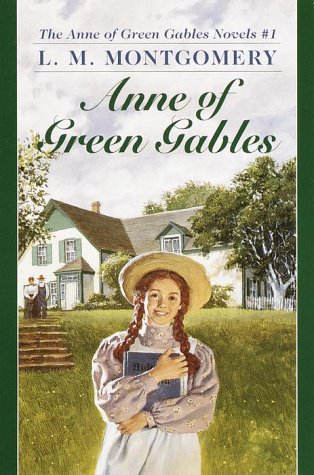[button color=”black” size=”big” link=”http://affiliates.abebooks.com/c/99844/77798/2029?u=http%3A%2F%2Fwww.abebooks.com%2Fservlet%2FSearchResults%3Fisbn%3D9780743234917″ target=”blank” ]Purchase here[/button]
In Out of the Silent Planet, we first became acquainted with Dr. Elwin Ransom, a British philologist who, on the eve of World War II, gets swept into an interplanetary adventure. The Voldemort-like physicist Weston kidnaps him and takes him to Mars, a.k.a. Malecandra, to be a human sacrifice. Maybe it would be more accurate to say that Weston’s philosophy would make the entire human race one big, pulsating, hydra-headed Voldemort, willing to trade in the lives of other creatures to prolong its own existence, and to spoil innocent worlds in a futile race against eternity. Perhaps in this light, J.K. Rowling and C.S. Lewis are not so far apart, in depicting a diseased, amoral flight from death as nearly the ultimate evil.
But not quite the ultimate evil. In the second book of the Space Trilogy, the Ultimate Evil– the Bent One, the “fairest and fallen” prince of our world– makes his appearance. Ransom is summoned to Venus, a.k.a. Perelandra, to head off an attempt by the ancient Serpent to tempt yet another Eve. This time the First Couple are green people living on a planet covered with oceans and roofed with clouds, carpeted with floating islands and (here and there) a forbidden, fixed island. And the Tempter, who now possesses Weston’s body, has arrived in another spaceship to tempt the mother of all Perelandra to do what Maleldil (i.e., God) has forbidden.
Of course things are different now that God has become a man and died to redeem one race that succumbed to the Tempter’s voice. But one of the differences is, unfortunately, that Ransom is the only one who can stop the Tempter from wearing down the young Queen’s resistance. The difficulty Ransom has with this responsibility brings to mind the sufferings of another man who has been called Ransom.
More clearly and directly than perhaps any of Lewis’ fictional works, this story interprets the message of the Christian faith in a way that makes it vivid and convincing to the modern reader. Which is not to say that it’s light reading. It is heavy with philosophy, loaded with cerebral disputations between Ransom and the “Un-man” he is pitted against (not to mention the Queen’s arresting way of looking at things). It builds up to a long ecstatic passage that comes across as equal parts philosophical treatise, psalm of praise, and the classic scene in a mystery story where the elusive truth is finally revealed. And there are vast stretches in which feelings, sensory impressions, and conversations are described but in which nothing happens.
But then again, there is the dreadful suspense of what will come of this second Temptation, and what it will tell us about the First. And there is the terrifying hand-to-hand combat between Ransom and Weston. And there is the beauty and wonder of yet another thoroughly imagined fictional world (which is nicer to imagine than what more recent space probes have told us Venus is really like). And there is the emotional wallop of the story’s end. Plus there are mer-people, fish you can ride, singing animals, dragons, trees that blow bubbles, giant insects, drums in the deep, and powerful encounters with eldila (angels) and the presence of Maleldil himself. And though Lewis has avowed that the story is fictional, his own appearance as a character in it is profoundly disturbing.
As a Christian I highly recommend this book, which I think provides a powerful alternative to the His Dark Materials concept of what happened in the Garden of Eden. As a science fiction book containing an original Psalm it rivals A Wind in the Door. Still other concepts of the Christian faith will become clear to seekers and skeptics who bear with Lewis’ intensely challenging narration. But even if you set aside the apologetic aspects of the book, it is fascinating to experience a rare sci-fi/fantasy adventure that proceeds from a Christian worldview– an adventure that can fascinate solely on the merits of its sci-fi/fantasy elements– and that integrates the concepts of “myth,” “truth,” and “fact” into a mind-blowing whole.



